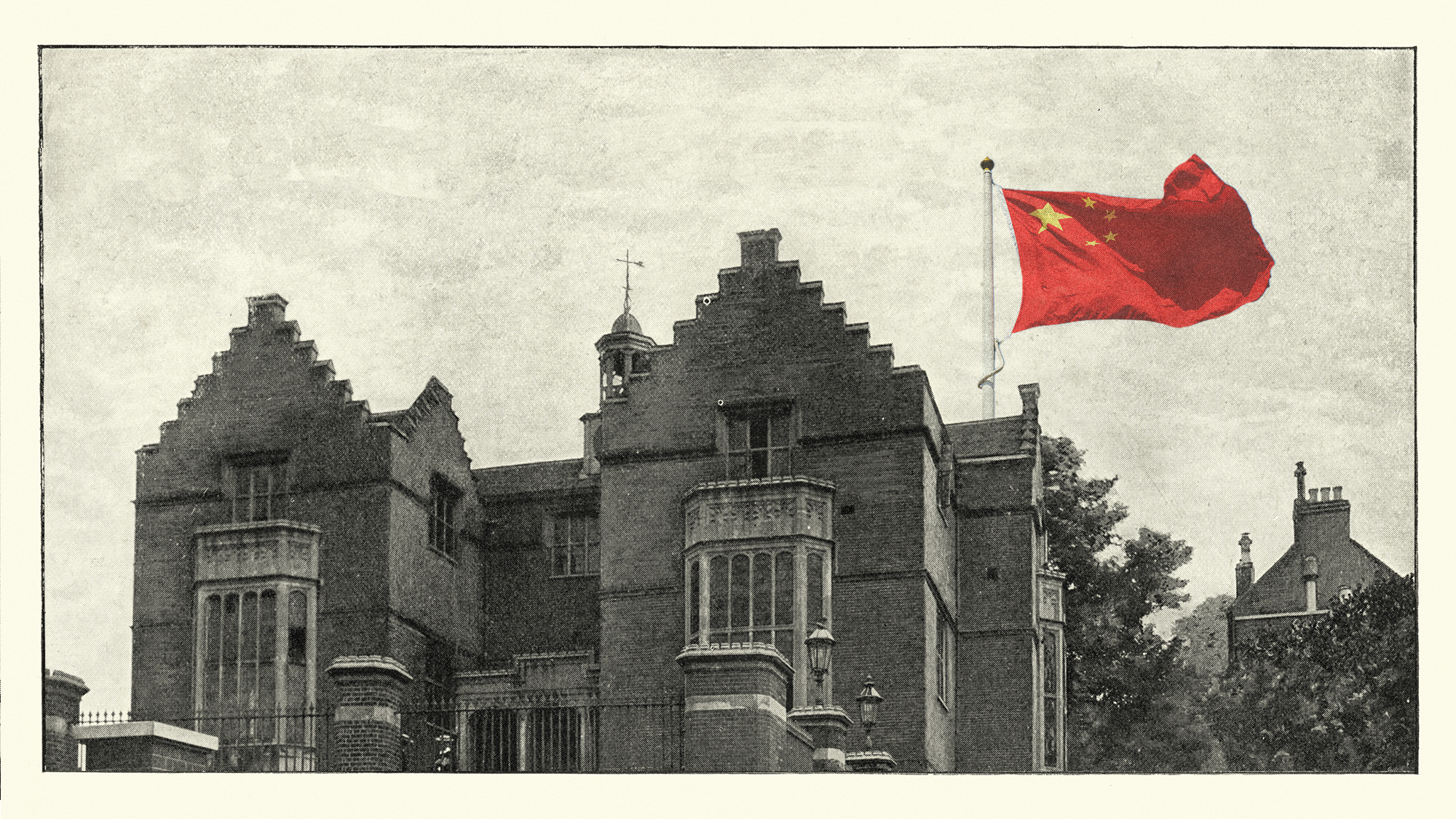The rise of international franchises for British public schools
Schools are opening outposts across Asia but they have angered human rights activists

A free daily email with the biggest news stories of the day – and the best features from TheWeek.com
You are now subscribed
Your newsletter sign-up was successful
A human rights activist said that Harrow School's decision to open a new campus in China is "profoundly galling".
Several private schools have closed their Chinese operations in recent years over concerns about a "curriculum clampdown" and "tougher controls" on what is being taught in classrooms, said The Times.
'Brainwashing diktats'
Harrow School launched its first international campus in Thailand in 1998 and the new campus in Guangzhou is its 13th school in Asia. Following the institution's "ground-breaking ceremony", the school is set to open in 2027 to about 1,500 foreign nationals and residents of Hong Kong, Macao and Taiwan aged between two and 18.
The Week
Escape your echo chamber. Get the facts behind the news, plus analysis from multiple perspectives.

Sign up for The Week's Free Newsletters
From our morning news briefing to a weekly Good News Newsletter, get the best of The Week delivered directly to your inbox.
From our morning news briefing to a weekly Good News Newsletter, get the best of The Week delivered directly to your inbox.
The British public school, which counts several former prime ministers including Sir Winston Churchill and Stanley Baldwin as alumni, licenses its name, logo, uniform and education practices to international partners for a fee.
But private schools are facing an "increasingly difficult landscape" in mainland China and several international institutions have reduced their operations in the country. Last year Venture Education, a Beijing-based consultancy, said that the "rapid growth" in the number of British-partnered schools and school brands is "now over".
Starting this year, schools have been obliged to follow laws which state that "intangible cultural heritage demonstrations" are "expected to be integrated into school programmes, so that young people can understand and appreciate more about patriotism".
Luke de Pulford, executive director of the Inter-Parliamentary Alliance on China, said it was "profoundly galling" to see "the reputation of Churchill's alma mater sold so cheaply". Harrow's China campus will be "unable to criticise" the "totalitarian" President Xi, "unable to call out the Uighur genocide", and unable to teach "whole swathes of history" because of the "brainwashing diktats of the party-state", he said. "And for what?"
A free daily email with the biggest news stories of the day – and the best features from TheWeek.com
'Mothership copies?'
Marlborough opened an overseas campus in the Malaysian city of Iskandar Puteri in 2012. It boasts features not usually found in local schools, including an organic farm, a golf range, and a lake for watersports. In Singapore, Dulwich College has several sports fields, three swimming pools, and a performing arts centre with three theatres.
These and other branded schools "largely cater to Western families", said the BBC, but they "also admit locals". Well-off parents in countries such as Cambodia, see these schools as a "passport" to a place at a British or Western university, said Which School Advisor. But while "on the surface" they may look the same as their British counterparts, "dig just a little deeper and in some ways they could not be more different".
Kimkong Heng, a visiting senior research fellow at the Cambodia Development Center, told the BBC that attending a South East Asian branch of a top British school does not entirely match up to the experience of the original historic institutions.
Asians "dream" of visiting "world-famous cities" like London to study in "world-renowned universities", he said. The standard of education is "one thing", but "the experience of the culture and language is another".
While schools in the UK "may work closely with their sister schools abroad", said Spears, it "would be wrong to suggest that these are all carbon copies of their motherships".
These educational outposts are "proving" that there is "strong demand for what they are selling – as long as it's good value for money", it added.
But the branded schools model is "not for everyone", Daniel Lewis, managing director of Repton International Schools Ltd, told the outlet. Some schools such as Eton will "never do it" because they don't need the money, he said. They "don't want to be bothered with it", which is a "perfectly reasonable position to take".
Chas Newkey-Burden has been part of The Week Digital team for more than a decade and a journalist for 25 years, starting out on the irreverent football weekly 90 Minutes, before moving to lifestyle magazines Loaded and Attitude. He was a columnist for The Big Issue and landed a world exclusive with David Beckham that became the weekly magazine’s bestselling issue. He now writes regularly for The Guardian, The Telegraph, The Independent, Metro, FourFourTwo and the i new site. He is also the author of a number of non-fiction books.